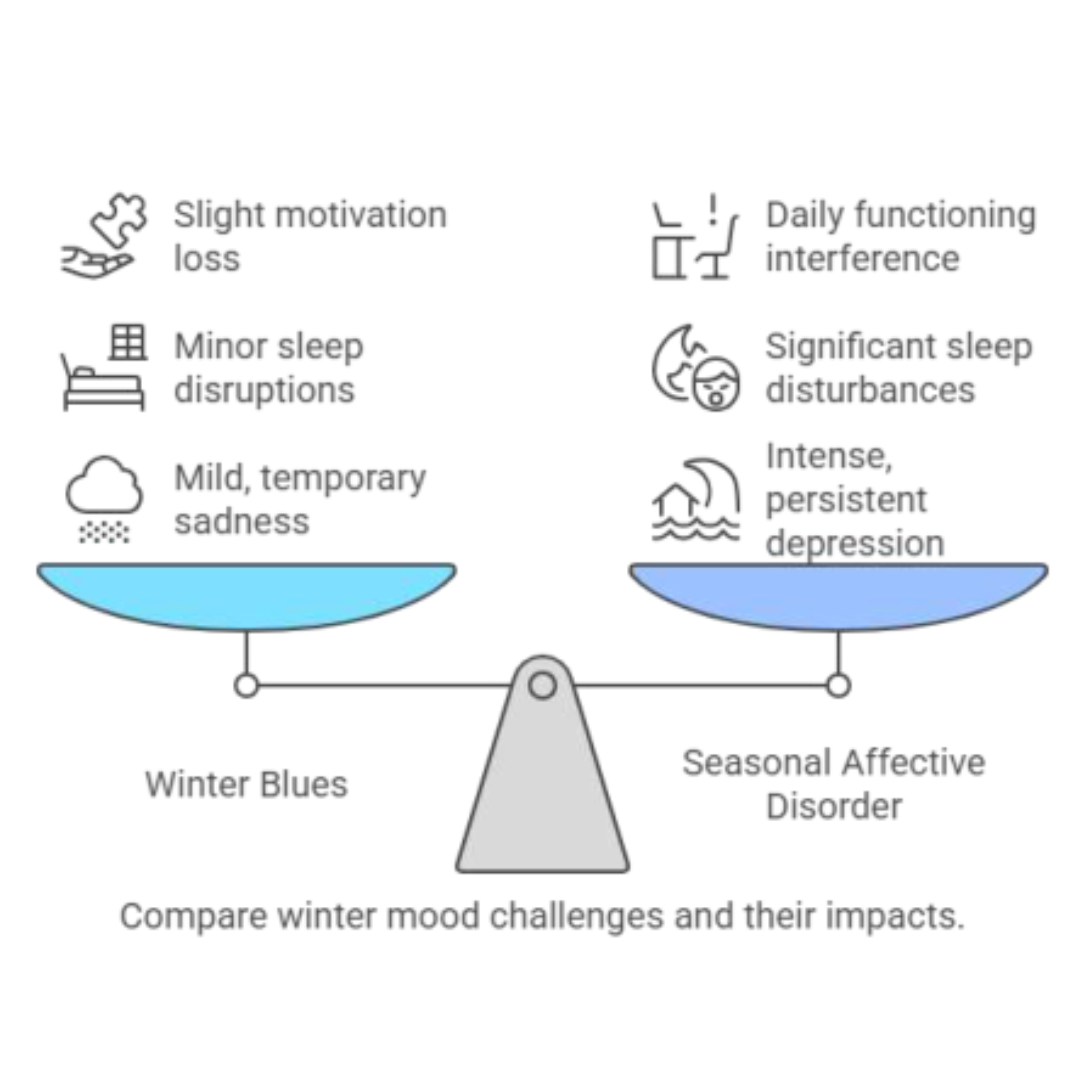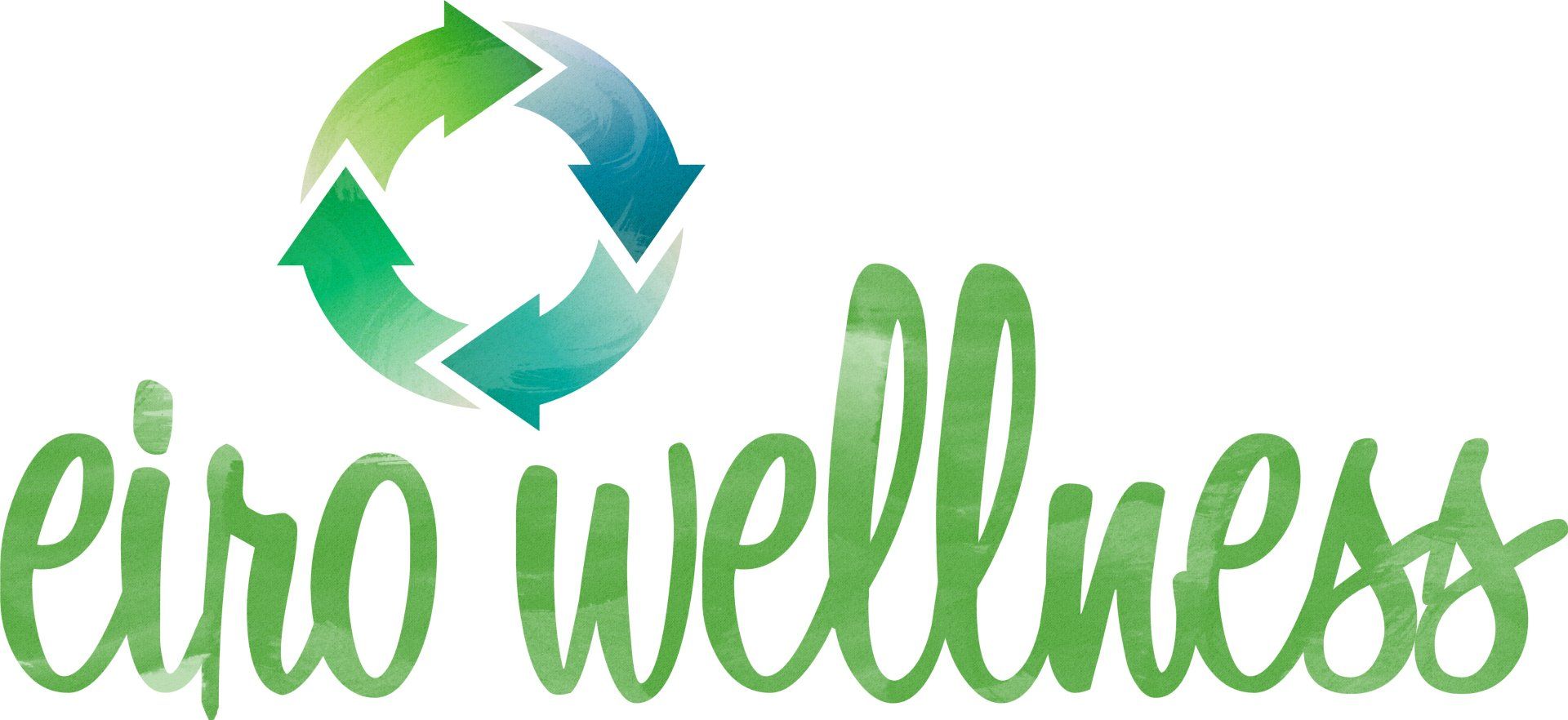Beating the Winter Blues
A Mom’s Guide to Feeling Brighter
During the Gloomy Months

I really don’t mind the winter. If it was my choice, we would have a good winter snowstorm each winter that snowed us in for a few days. Fresh snow makes everything look so bright and clean! Have you ever watched squirrels play in the snow? There is something so refreshing about the earth after it snows!
I don’t even mind the frigid temperatures that we get occasionally. It’s a welcomed way to kill bugs and bacteria that are hanging around in the air and earth.
But, what I DON’T like is the cloudy days. And we get a lot of those in the winter! Day after day of 40 degrees and clouds is hard on me. I have learned that my mood and spirit is so much brighter if there is sun. You too? Sometimes, when we get a sunny day, I find myself bundling up and going outside to bask in the sun’s rays. Other times, I stand in front of the window and soak up as much sun as possible. It always improves the way that I feel.
Is it Just Winter Blues? Or Is It Seasonal Affective Disorder (SAD)?
The holidays are over, and winter is a time to recharge. But you might feel more drained, irritable, and just … off. If winter’s shorter days and chilly weather seem to amplify your stress, anxiety, and exhaustion, you’re not alone. Let’s dive into what might be going on and, most importantly, what you can do to feel like yourself again.
What Is the Difference?
The Winter Blues are typically described as a gloomy sad feeling that comes from being cooped up inside during the shorter cold days of winter. According to VeryWell Mind, the Winter Blues is a feeling of sadness during the fall and winter season, possibly trouble sleeping and a lack of motivation.
The VeryWell Mind goes on to contrast that with Seasonal Affective Disorder (SAD). SAD is characterized by severe sadness, changes in sleeping and eating habits, and depression that interferes with motivation and day-to-day functioning.
Seasonal Affective Disorder, or SAD, is more than just the "winter blues." It’s a type of depression that typically strikes during the fall and winter months when daylight hours are shorter. This isn’t about being a little gloomy because it’s cold outside; SAD can mess with your mood, energy levels, and even your hormones. If you find yourself feeling more anxious, irritable, tired, or even hopeless during the winter months, SAD might be at play.

Hormones like serotonin (your happy brain chemical) and melatonin (which regulates sleep) are influenced by sunlight. When we get less light exposure, it throws these hormones out of balance, making us feel off-kilter. Combine that with the demands of life and dealing with chronic stress, and it’s no wonder winter feels overwhelming.
Lifestyle Tips to Brighten Your Winter Mood
If you suspect you are experiencing SAD, I recommend seeing your healthcare provider for a correct diagnosis and to make sure you are receiving the support you need.
Let’s talk about some practical steps you can take if you are experiencing the Winter Blues. These aren’t quick fixes, but small, consistent changes can make a big difference:
- Get Outside (Yes, Even When It’s Cold) Natural daylight is your best friend. Aim for at least 20 minutes outside during the brightest part of the day. Bundle up, take the kids for a walk, or just sit by a sunny window if getting outside feels too hard. Light exposure helps reset your body’s internal clock and boosts your serotonin levels. Doing this earlier in the day helps improve your energy. Getting late-day sunlight signals to your body that night is coming and begins to prepare the brain for sleep.
- Move Your Body Exercise doesn’t have to mean hitting the gym. Dance in your living room, do pilates while the kids play, or take a brisk walk. Movement increases endorphins, those feel-good chemicals your brain loves, and helps you manage stress.
- Stick to a Routine A consistent daily rhythm can help regulate your mood and energy. Prioritize regular meals (no skipping breakfast!). Focus on at least 20 grams of protein per meal. Aim for a consistent sleep schedule, even if that means saying no to late-night Netflix.
- Prioritize Connection When you’re feeling low, it’s tempting to isolate yourself, but reaching out can help. Call a friend or schedule a coffee date. Even small moments of connection can lift your spirits.
- Soak Up the Light If getting enough natural sunlight isn’t realistic, consider a light therapy box. These mimic natural sunlight and can work wonders for improving your mood. Choose a light box with 10,000 LUX. Use it for about 20-30 minutes each morning but, check with a healthcare provider to ensure it’s right for you.
Supplements to Support Your Mood This Winter
Sometimes, your body needs a little extra help. Here are some supplements that might support your mood and energy:
- Vitamin D: Known as the “sunshine vitamin,” low levels of vitamin D are common in the winter months and can worsen the Winter Blues. A daily supplement (2,000-5,000 IU) can make a big difference. My favorite source of Vitamin D is Micellized Vitamin D because the absorption rate is five times greater than regular Vitamin D supplements. Check your levels with a blood test to determine your ideal dose.
- Omega-3 Fatty Acids: Found in fish oil, omega-3s are great for brain health and mood regulation. Look for a high-quality supplement with both EPA and DHA. I always choose a product that is sourced off the Norwegian coastline or the South American/Antarctic waters because the fish are not as contaminated with heavy metals, chemicals, and PCBs. I also make sure the fish oil is processed on the ship or in the port and not shipped away to be processed, as time is of the essence to avoid oxidation. Most Omega-3 products are rancid because they were not processed quickly enough!
- B Vitamins: Chronic stress can deplete your B vitamin levels, especially B6 and B12, which are crucial for mood and energy. A good B-complex supplement can help fill the gaps.
- Magnesium: Known as nature’s “chill pill,” magnesium helps calm your nervous system, reduce anxiety, and improve sleep. Try magnesium glycinate or citrate for better absorption. Start with 200 mg before bed and increase or decrease according to tolerance level.
- Adaptogenic Herbs: Herbs like ashwagandha, rhodiola, and holy basil can help your body manage stress and balance hormones. I supplement with adaptogens on a daily basis. These are especially helpful if you feel fatigued or burned out.
You’re Not Alone
If you’re feeling overwhelmed, irritable, or just plain exhausted, please know that you’re not alone. Winter is hard on most of us! Start with small changes, like getting outside for a few minutes or taking a high-quality vitamin D supplement, and build from there. You deserve to feel good—for yourself and your family.
If you’re struggling and not sure where to start, let’s chat. I specialize in helping women like you find balance and reclaim their energy. You’re not meant to carry this all on your own.
Remember, brighter days are ahead—both literally and figuratively!









